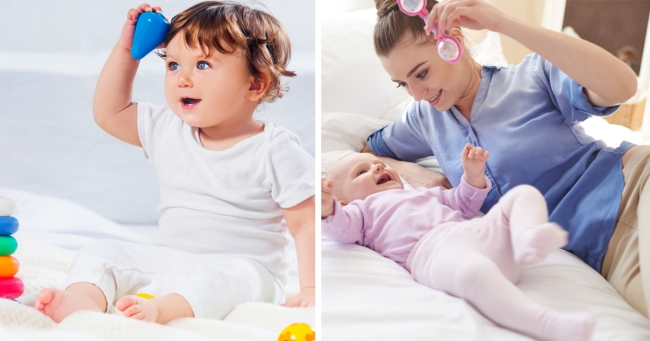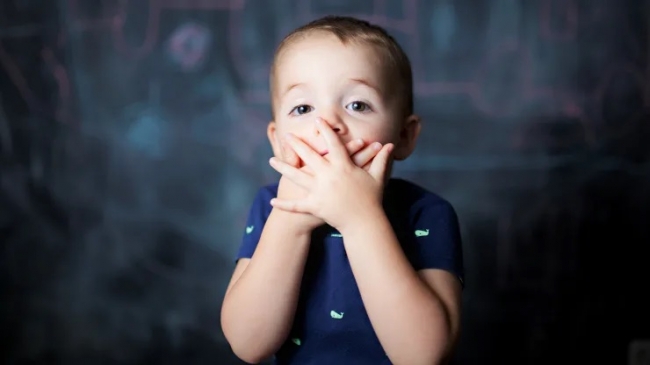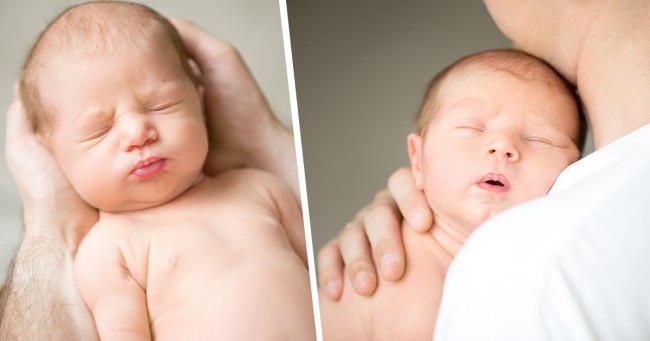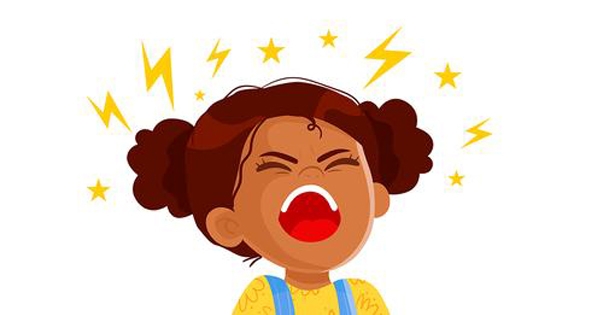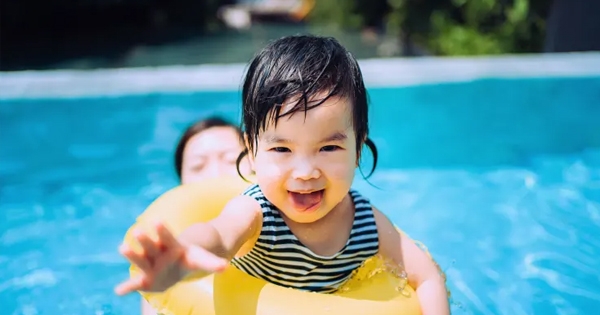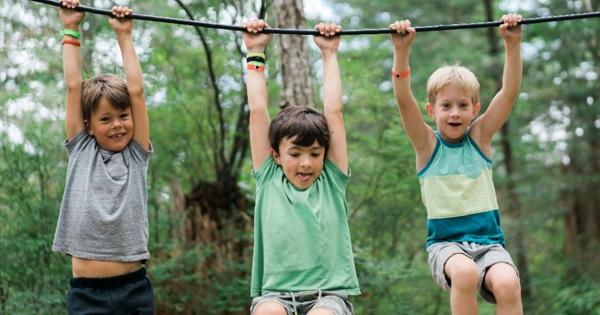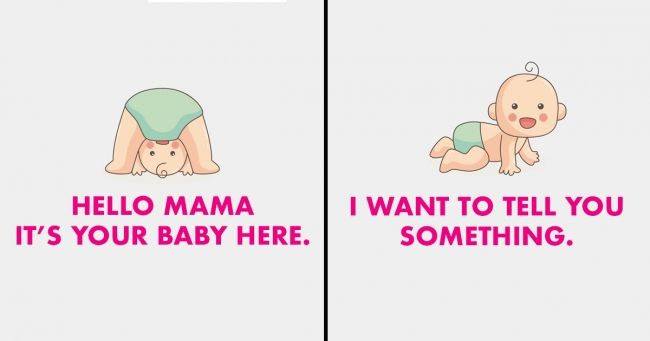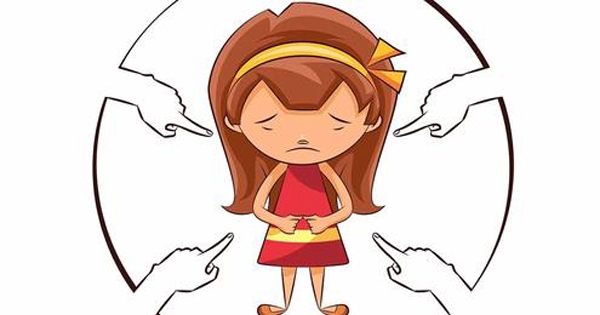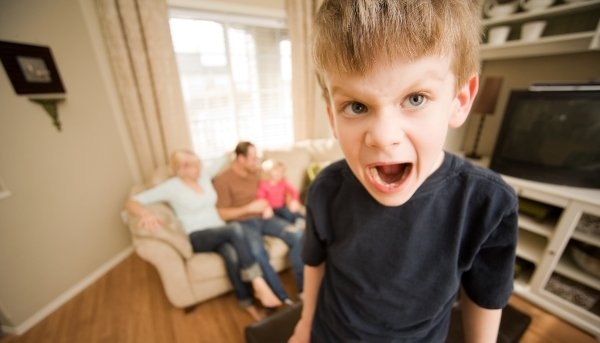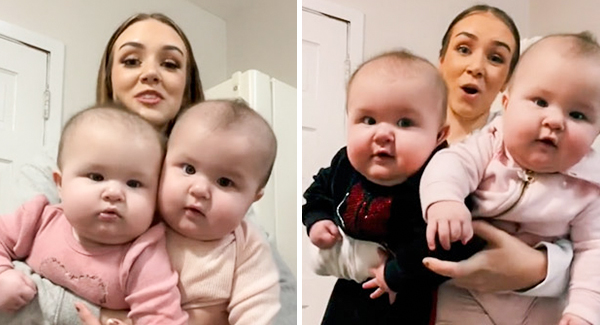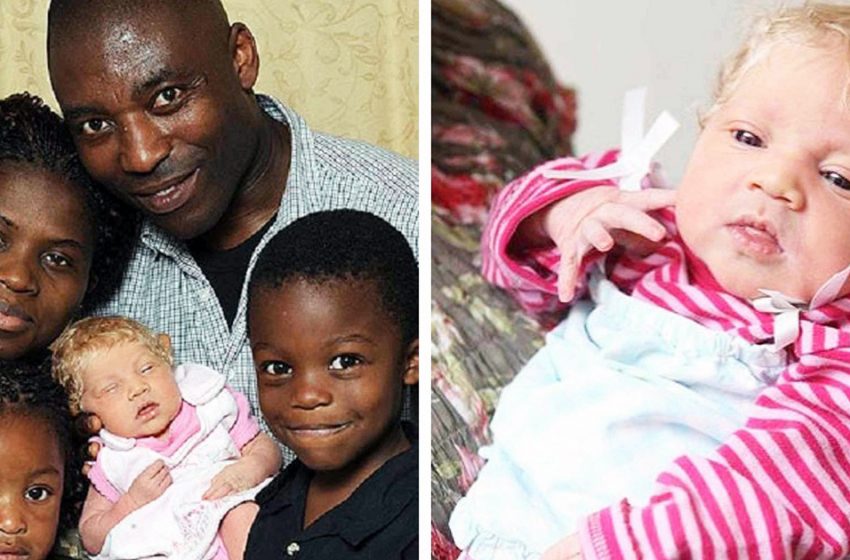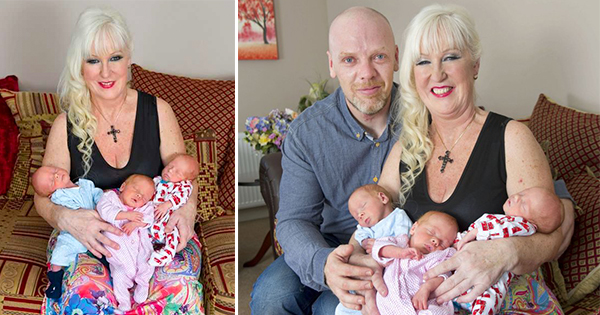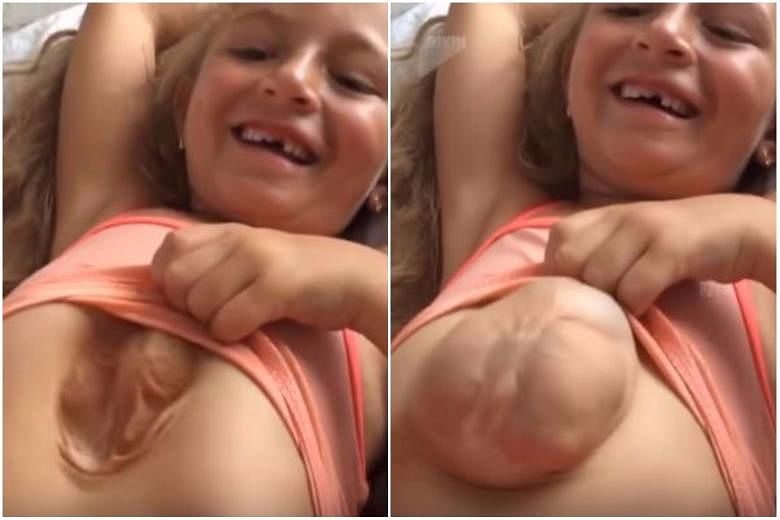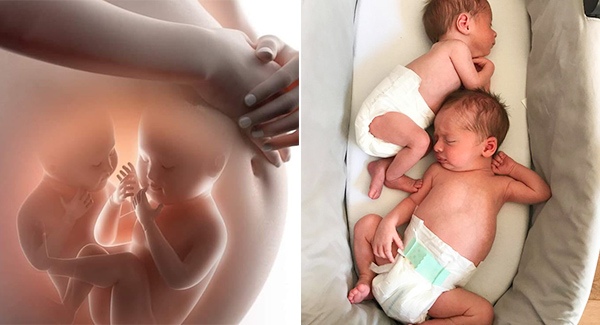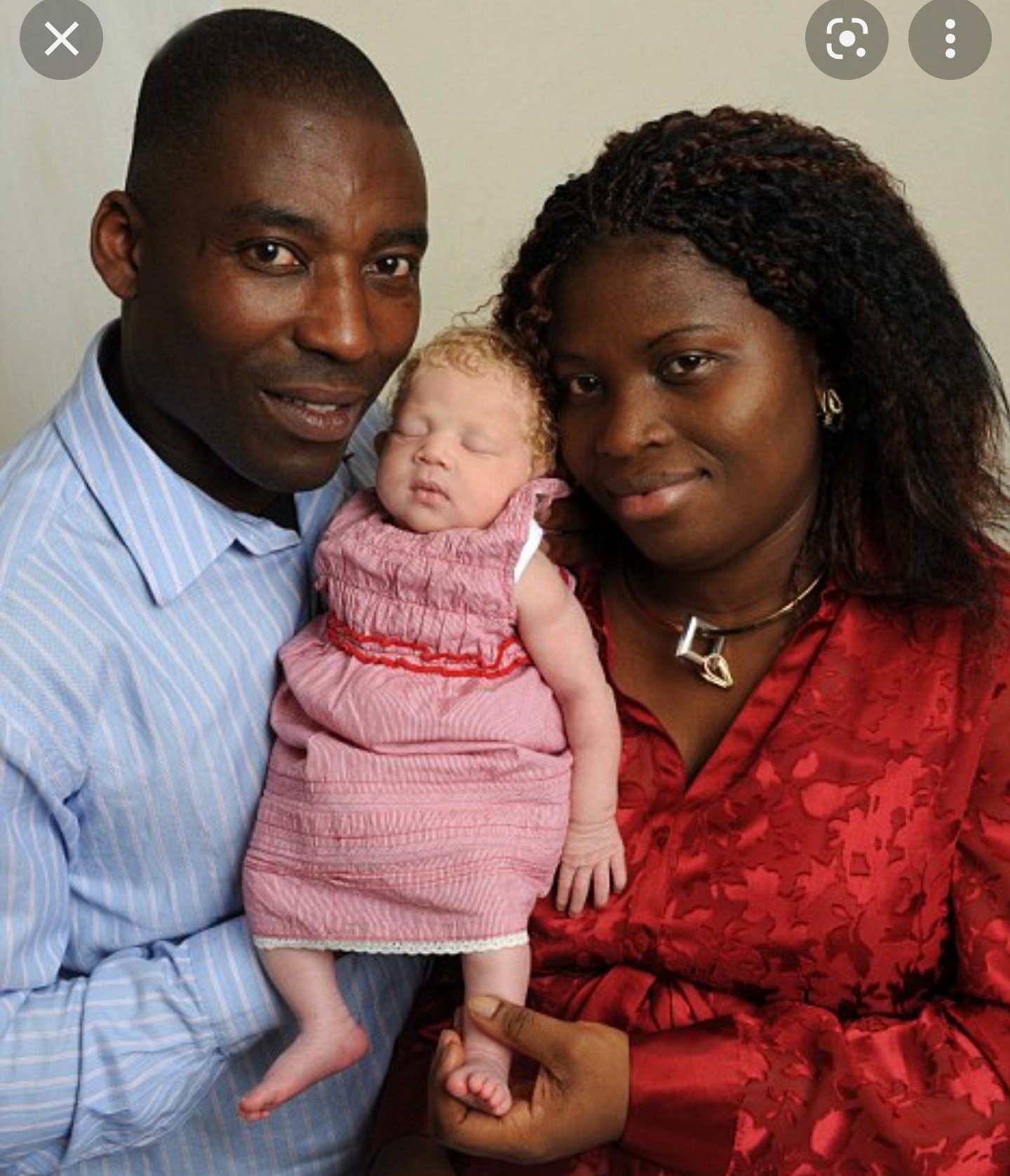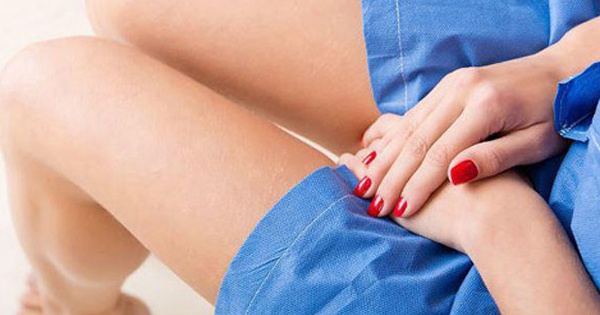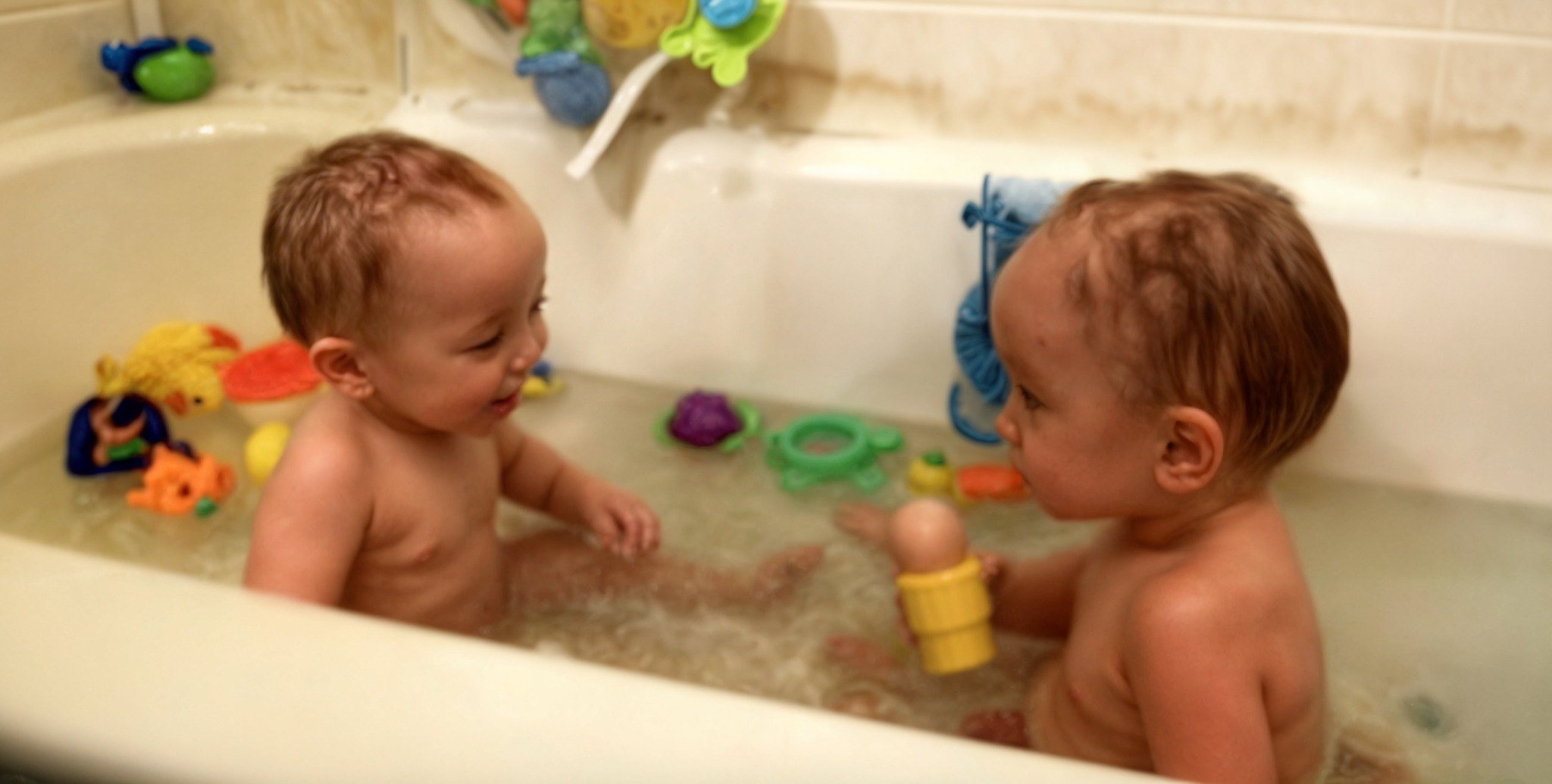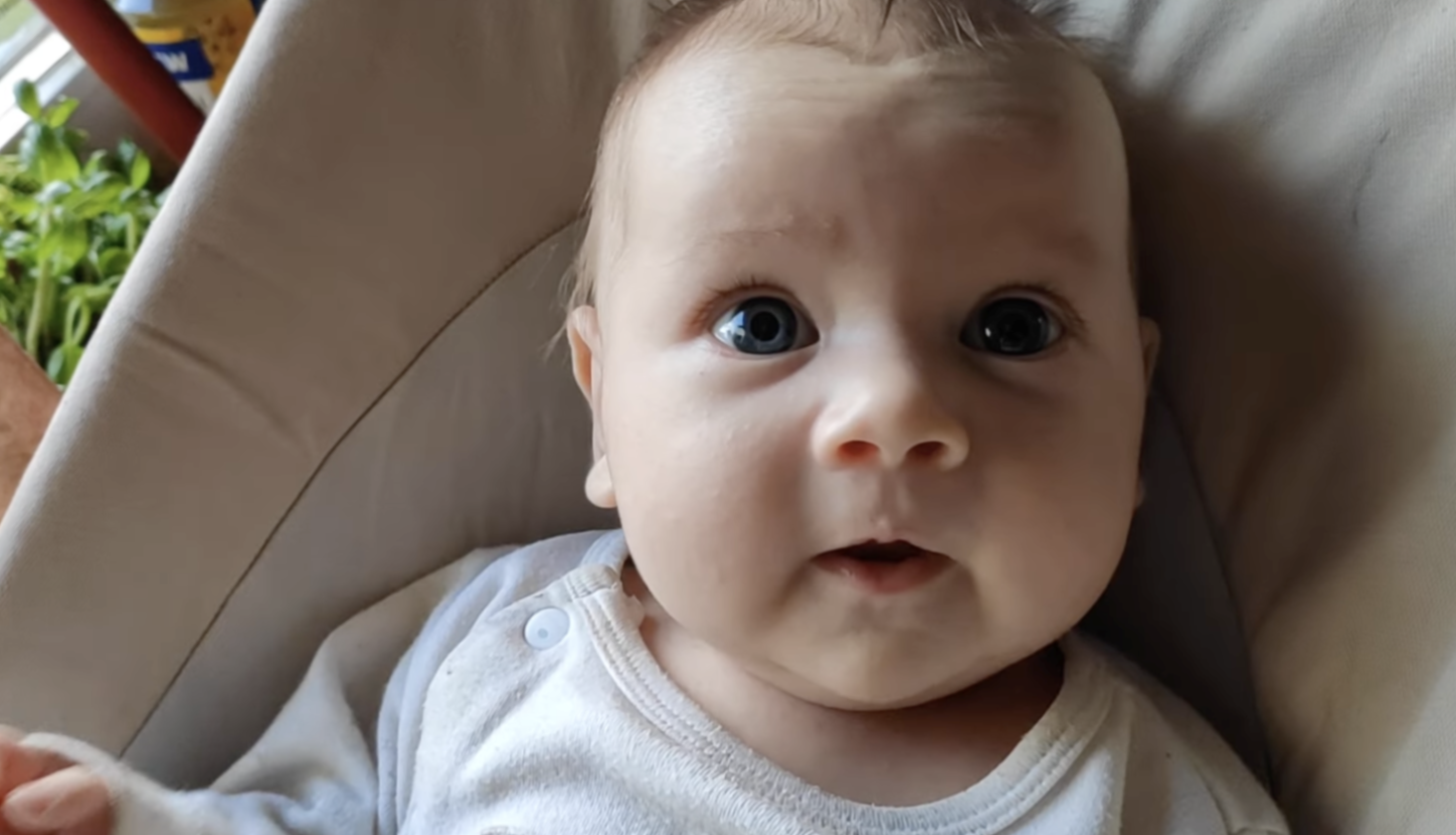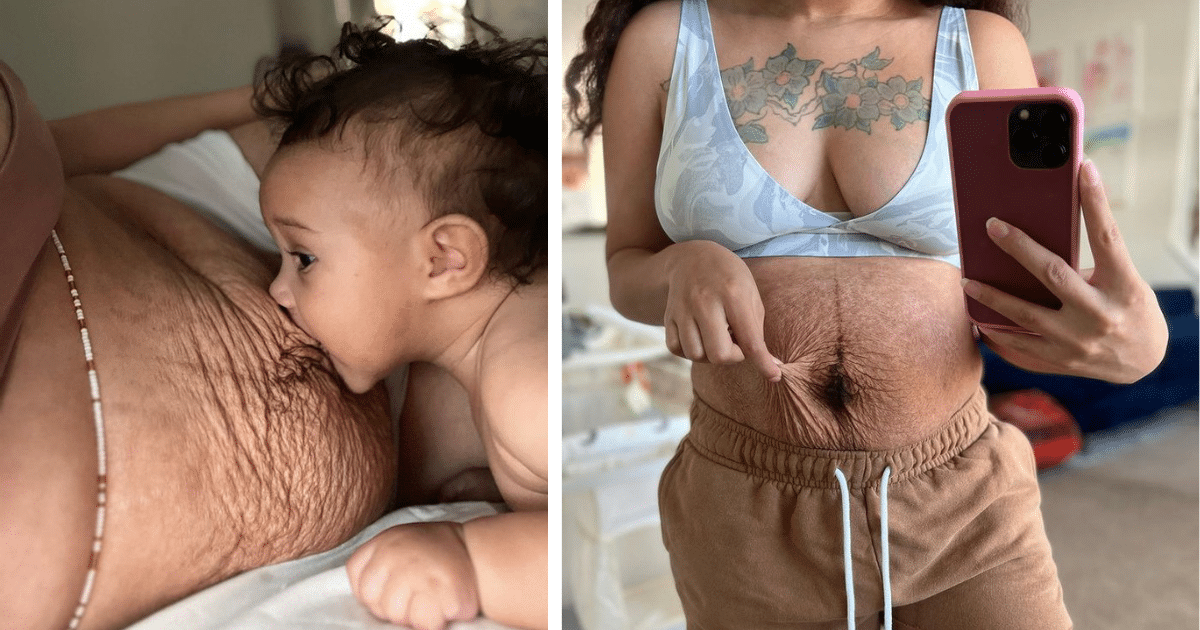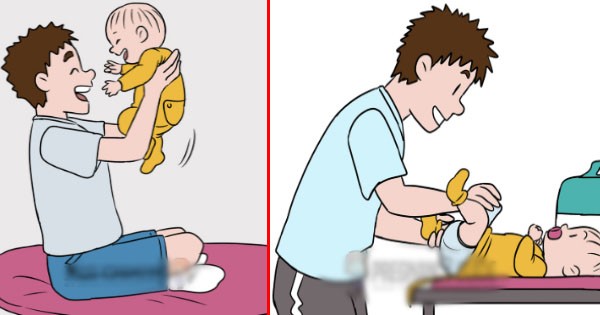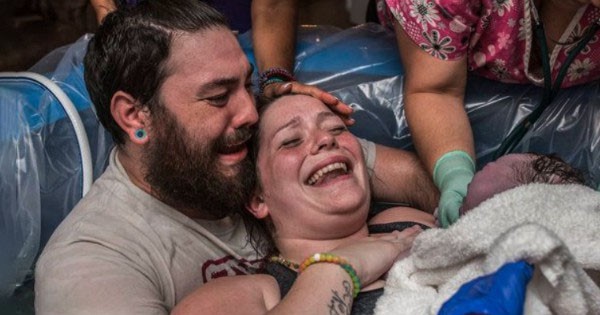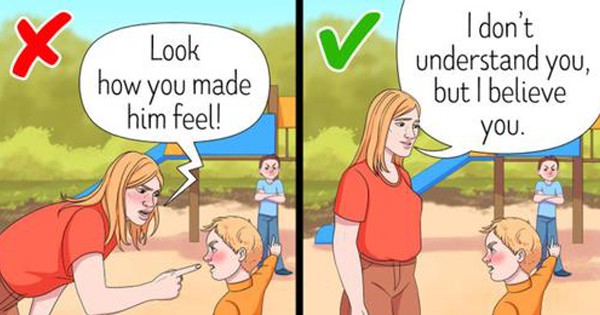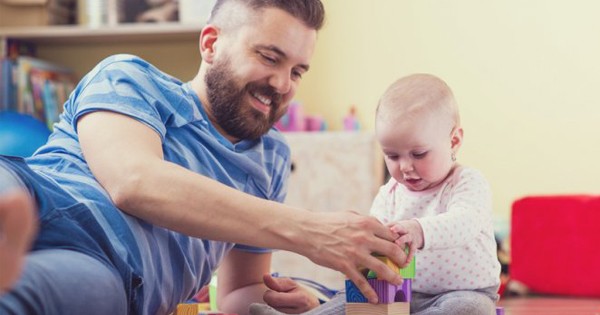
Your baby learns about the world every time they interact with you. You’ll recognize your baby’s first attempt at “play” when they flash their first social smile – usually around 8 weeks old. When your baby is between 3 to 6 months old, they’ll begin seeking your attention to play simple games such as peek-a-boo.
From the earliest age, play is critical for kids’ physical, emotional, social, and cognitive development. Research suggests playing with your baby helps them learn to organize, plan, regulate their emotions, and cooperate with others. Play builds math and language skills, improves coordination and fitness, boosts brain development, and helps your baby cope with stress. Plus, it builds an important bond with you!
You might not know how to play with your baby at first, and adding another to-do to a busy schedule might feel overwhelming. The good news is, your baby’s needs are simple. Activities including talking and reading with your baby build language and social skills, while giving them ample opportunities to touch and manipulate objects with their hands builds motor skills.
Know that these activities are by no means a must-do. They’re simply fun ideas. Ultimately, your baby will develop all the skills they need to thrive by spending lots of time with you and other involved caregivers, and getting plenty of attention and affection.

Newborn activities
Immediately after birth, your newborn will sleep a lot and wake mostly for feedings – which won’t leave a lot of time for play. Their vision is fuzzy and limited to 8 to 10 inches, or about the distance between your arms and their face (they’ll be able to focus on objects and start coordinating hand-eye movements within the next two to three months).
Despite this limited skill set, your baby is already looking to you to learn. From birth, research shows that newborns love looking at faces above all else (especially yours). Newborns also enjoy hearing you talk and sing, even though they can only cry to communicate at this point. And touch, including skin-to-skin time and baby massage, helps both you and your baby bond and relax.
Here are a few simple activities you can try with your newborn baby in the moments when they’re awake and calm:
- Finger Puppets & Shaken, Stirred
- What a Sensation & Gentle Rubdown
- Happy Talk & Dinosaur Dance
1 month old activities
You made it through the first month! By the end of this month or the beginning of next, your baby will most likely hit a major milestone: They’ll make their first real smile at you! Smiling is a sign that your baby’s ready to start engaging with the world.
Because your baby hasn’t quite discovered their hands (or how to use them) yet, they’ll rely on you to develop their sense of touch. Letting them touch objects that are varied in texture and temperature helps them explore their world.
This month can be challenging, with sleep deprivation setting in. Here are a few simple activities you can try with your 1-month-old baby when you’re feeling motivated and have the energy. Watch your baby for signs that they’re ready to play, such as being calm and alert. You’ll know they need a break when they look away, close their eyes, arch their backs, or cry.
- Tube Talk & Common Scents
- Flower Power & Bike Ride
- Super Saver & Easy Sledding
- Pedal Pushing & Cajun Two-Step
2 month old activities
Sometime during this month, your baby will begin making their first vowel sounds, like “oh-oh.” They’ll coo, gurgle, and sigh at you. Tummy time will start to pay off, as your baby will be able to hold their head up briefly when they’re on their tummy and turn it from side to side. Aim for several short tummy time sessions every day.
Activities that involve touch, movement, music, and talking are popular among the 2-month-old crowd. Simply finding ways to talk to and hold your baby can help them learn about the surrounding world and their place in it.
Here are a few simple activities you can try with your 2-month-old:
- Swat Team & Switch Swatch
- Sound Judgments & Fingers and Toes
- Up, Up, and Away & Song of Myself
- Leaf Peeping & Roll-Over Plan
3 month old activities
Your 3-month-old baby is in all likelihood fascinated by your face. They’ll also be newly interested in shapes and patterns in bright colors. Put an interesting toy in their line of vision and they’ll likely reach for and attempt to bat at it.
Your baby will continue to work on those language skills, both by listening to you talk and testing out their own verbal communication. Music continues to be a powerful and engaging way to connect with your baby and teach them language.
Here are a few simple activities to do with your 3-month-old baby:
- Pop! Song & Hip Baby
- Different Drums & Kicking Back
- Roller Coaster & Look Who’s Here
- Telephone Talk & Flashlight Dance
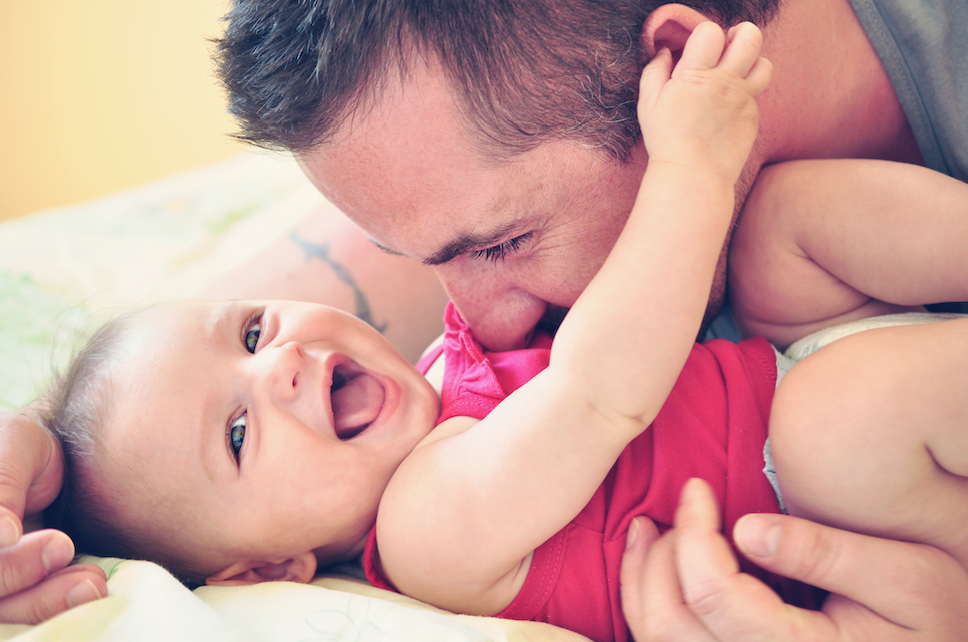
4 month old activities
Starting at about 4 months old, your baby’s motor skills will really start taking off. By around 4 months old, babies have better control of their hands and are able to grab things and bring them to their mouth. Placing objects within your baby’s reach will likely prove irresistible – and a good way for your little one to keep busy and learning. Don’t discourage your baby from mouthing toys and other objects. It’s how they learn! Just make sure your little one can’t grab anything that could cause choking.
During tummy time, put interesting toys within your baby’s sight line and reach. Continuing a tummy time routine will strengthen your baby’s neck and back in preparation for eventually rolling over and sitting up.
Your baby may be laughing now, which adds extra fun to your games and activities! Here are some for your 4-month-old baby:
- Tummy Bubbles & Bend Over Butterfly
- Can You Top This? & Go Fish
- Ready, Steady, Go & Ups and Downs
- Pass the Hat & Tickle a Funnybone
5 month old activities
By now your baby is probably able to sit with support. And at the end of this month, they’ll likely be able to roll over in both directions – from tummy to back and back to tummy.
At around the 5-month-old mark, your baby will likely also be able to grasp small objects and may even bang them on the ground or other hard surfaces.
Activities that encourage exploring movement and their bodies provide babies with endless entertainment. Here are a few to try with your 5-month-old baby:
- Spoon Landings & Facing Off
- Where’s My Toy? & Rock ‘n’ Row
- Recording Star & Rocket Takeoff
- Rodeo Days & Shadow Show
6 month old activities
You’ve likely noticed that your 6-month-old is in love with their own reflection in the mirror. While they won’t recognize who they’re looking at for some time (until about 18 months or so), they’re fascinated by faces and may even smile at their reflection. Any activities that involve mirrors and face time are a big hit with the 6-month-old set, and they create another opportunity to talk and connect with your baby.
As they gain better control over their hands, babies at this age love grabbing at objects and can even begin manipulating them with turns and twists. Activities that encourage hand-eye coordination will keep your baby engaged and learning how to interact with the world around them.
Here are some activities to try with your 6-month-old baby:
- My Photo Album & Block That Move
- Jack-in-the-Can & Cause and Effect
- Sound Off & Bubble Bottle
- Signs & Signals & A Great Fall
7 month old activities
Babies this age get a kick out of hearing themselves babble. While it sounds like gibberish, by this month your baby is actually beginning to actively imitate the patterns of language and sounds in words they hear coming from you. In fact, there are recognizable intonations to baby babble that prepare little ones to say their first words. Talking to your baby and engaging them in “conversations” nurtures this critical skill.
Try narrating your activities with your baby throughout the day. You can also ask your baby questions, pause, and wait for a gurgle, babble, or little kicks in response. You’re already having important dialogue and building the foundation of their healthy brain!
Your baby may also be exploring the movements they’ll eventually need for crawling, such as pushing up on their hands and knees and rocking back and forth. Activities that encourage these movements will help them build the strength and coordination to eventually be able to get from point A to point B on their own – whether that’s by crawling, scooting, or another method.
Try these entertaining activities with your 7-month-old baby:
- Story Boards & Roller Derby
- Hide ‘n’ Eat & Floating Blocks
- Choo-Choo Training & Shower Power
- Hide and Peek & Clap, Clap Your Hands

8 month old activities
A whole new world opens up for your 8-month-old baby as they begin to understand cause and effect. Your baby will get a thrill when the beads in their favorite toy make a rattling noise or when the water splashes up from the bath every time they kick their legs.
Your baby will also begin to understand the concept of “object permanence” around now. This fancy term simply explains why your baby loves playing peek-a-boo: An object still exists, even if it’s moved out of sight. Activities that emphasize this exciting discovery will captivate your little one.
Here are a few fun activities to try with your 8-month-old baby:
- Kick Start & Where’s That Noise?
- Peek-a-boo Picture & Today’s Greatest Hits
- Rattle and Roll & Tug-a-Lug
- Highchair Art & Diaper Change of Pace
9 month old activities
At 9 months old, your increasingly coordinated baby will begin to explore their body parts and what they do. Your baby might touch their toes and put them in their mouth. Or they might push their feet off the ground in a bouncing motion if you hold them upright, in preparation for walking. Teach your baby about their body with activities that name and engage various body parts.
It’s also as important as ever to work on verbal skills by reading and talking to your baby. And help your little scientist discover cause-and-effect by allowing them to drop, tap, poke, fill, and squeeze objects to see what happens.
To support these budding skills and interests, try these activities with your 9-month-old baby:
- Inside the Box & Where Did It Go?
- Baby’s Pantry & Squirt the Tummy
- My Little Thumbkin & Sticky Situation
- Chef Bunny & Campfire Tales
10 month old activities
Big milestones are just around the corner as your baby works on the skills they’ll need to eventually walk. That means pulling up to a stand and eventually “cruising” with help from furniture. Create a safe and fun space, and let your baby explore!
Another important skill that your baby is honing these days: Hand-eye coordination. Your 10-month-old will likely be fascinated by putting objects in and out of containers and feeding themself (or just playing with their food). Now’s the time to get your baby used to lots of flavors and textures, so serve up those veggies and fruits, and let them have at it!
Here are a few age-appropriate activities your 10-month-old baby might enjoy:
- Two-Handed Clacking & Really Big Buttons
- Climb Every Cushion & Cruise Control
- Supper Sorting & Bubble Surprise
- Flying Seesaw & Pour It On
11 month old activities
You may have noticed your 11-month-old baby responds to simple language requests, such as “wave bye-bye!” – and they may use simple words, such as “mama” and “dada.” Music is a great way to bolster these blooming language skills. Add in “dancing” to the beat together and you’re working on coordination and gross motor skills, too.
Speaking of motor skills, your baby is also honing their fine motor skills, using the pincer grasp to pick up small objects using their thumb and fingers. Activities that include manipulating objects and sifting, measuring, and pouring help develop important hand skills.
Here are a few activities to try with your 11-month-old baby:
- The Hokey-Pokey & My Little Trampoline
- Tube Tunnel & Little Steamroller
- Diaper Dolly & Water “Coloring”
- Classified Information & Indoor Beach Baby
1 year old activities
Hooray! You’ve made it through your baby’s first year. It’s an exciting marker, because babies are now close to reaching – or have already mastered – a broad range of milestones. These include progressing from babbling to saying their first words and, within a few months, taking first steps.
Another language milestone that babies achieve around the 1-year mark: understanding words, including responding to simple phrases such as “no” or “where’s the doggy?” and their own name. Soon, your child will likely begin imitating you (using a block as a “phone,” for example). Pointing and using other gestures is actually an important part of language learning, so encourage your little one to point, wave, clap, and blow a kiss.
Give your budding toddler space to explore, and keep lots of toys within their reach. To support cognitive, language, social, and motor development, here are some activities to try with your 1-year-old:
- String-Along & Package Play
- Weekly Activities for Your Child’s Second Year
